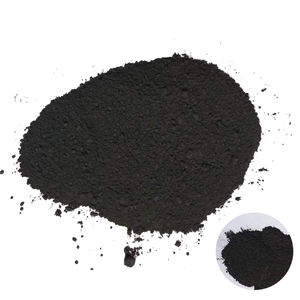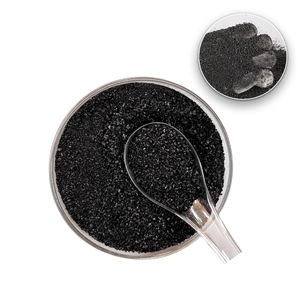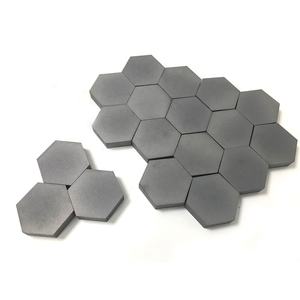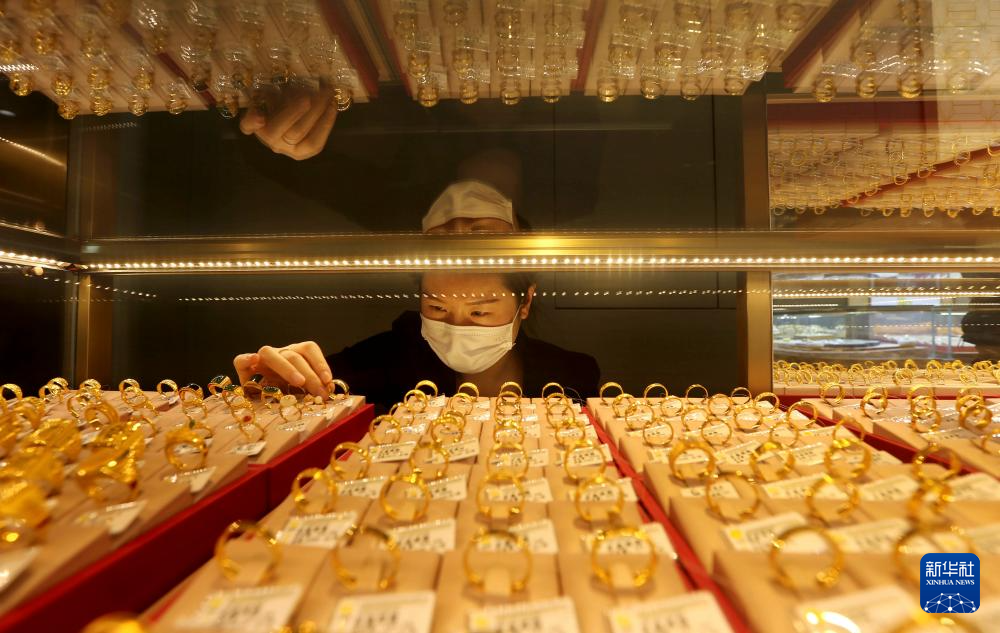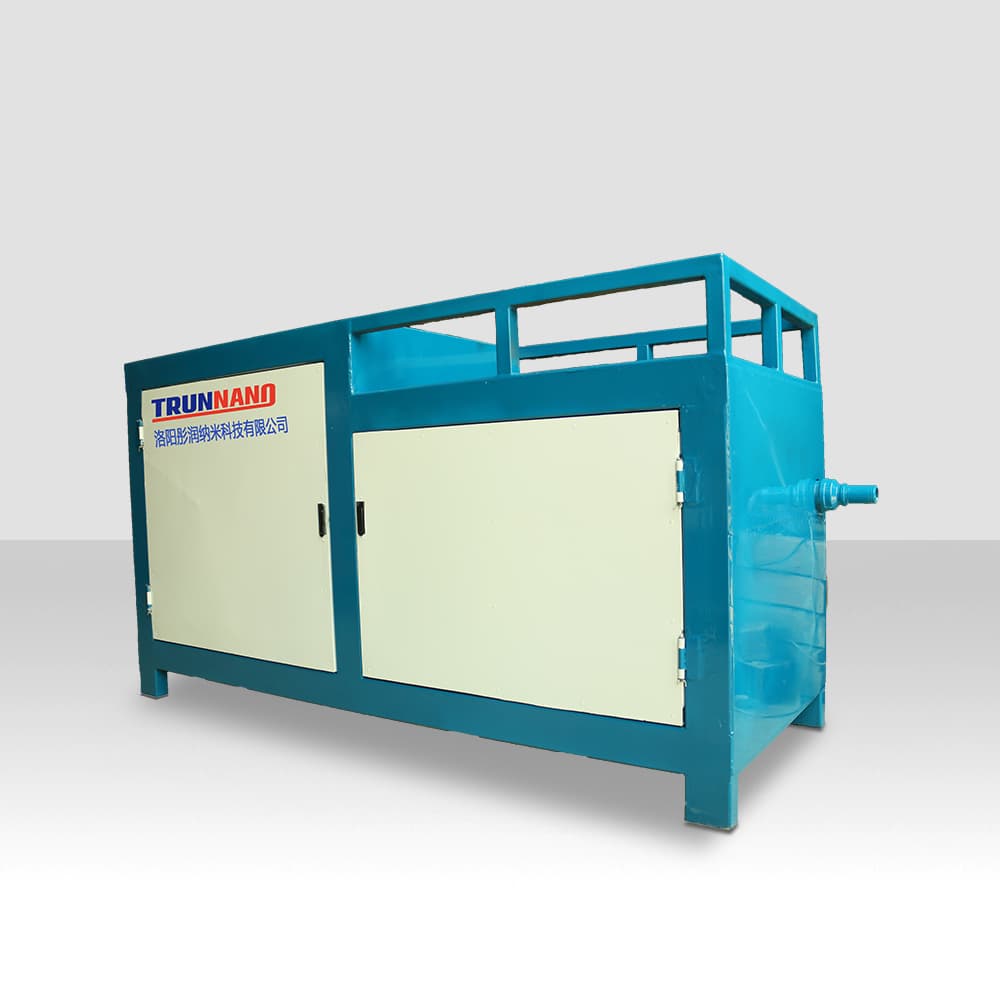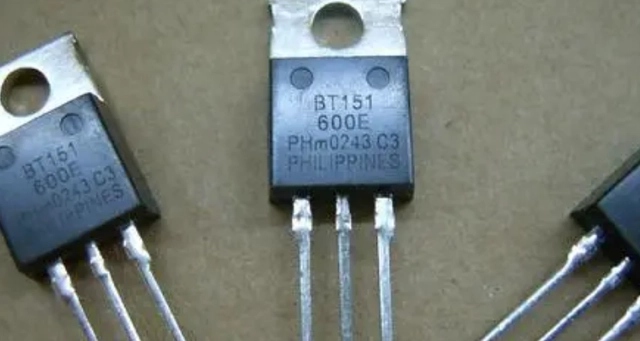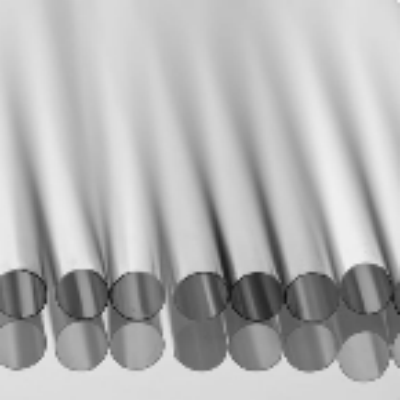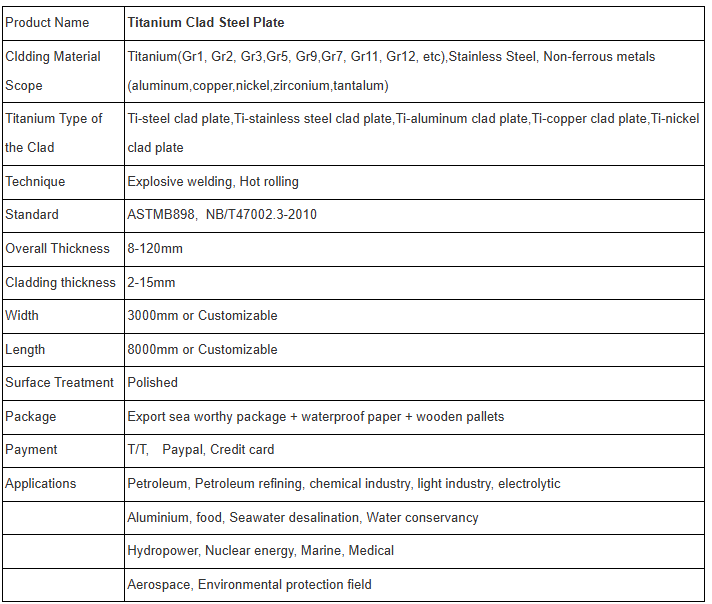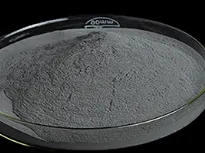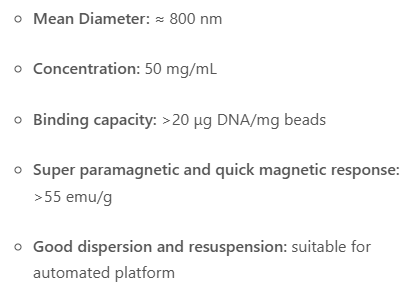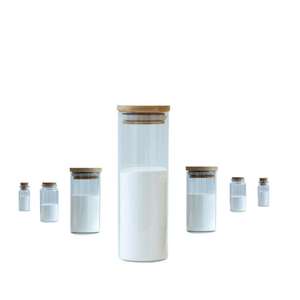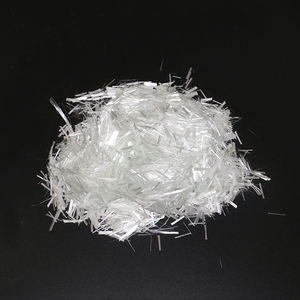1. Essential Chemistry and Crystallographic Design of Taxicab ₆
1.1 Boron-Rich Framework and Electronic Band Structure
(Calcium Hexaboride)
Calcium hexaboride (CaB ₆) is a stoichiometric metal boride coming from the course of rare-earth and alkaline-earth hexaborides, identified by its distinct combination of ionic, covalent, and metallic bonding features.
Its crystal structure takes on the cubic CsCl-type lattice (space team Pm-3m), where calcium atoms occupy the cube corners and a complicated three-dimensional structure of boron octahedra (B six systems) resides at the body center.
Each boron octahedron is composed of six boron atoms covalently bound in a highly symmetrical setup, developing an inflexible, electron-deficient network stabilized by charge transfer from the electropositive calcium atom.
This charge transfer results in a partly filled transmission band, endowing taxi six with uncommonly high electrical conductivity for a ceramic material– on the order of 10 five S/m at room temperature level– regardless of its huge bandgap of roughly 1.0– 1.3 eV as figured out by optical absorption and photoemission research studies.
The origin of this paradox– high conductivity coexisting with a sizable bandgap– has been the topic of substantial research study, with theories recommending the visibility of inherent issue states, surface conductivity, or polaronic conduction systems entailing localized electron-phonon coupling.
Recent first-principles calculations support a model in which the conduction band minimum derives mostly from Ca 5d orbitals, while the valence band is controlled by B 2p states, developing a narrow, dispersive band that helps with electron mobility.
1.2 Thermal and Mechanical Stability in Extreme Conditions
As a refractory ceramic, TAXI six exhibits exceptional thermal security, with a melting factor exceeding 2200 ° C and minimal fat burning in inert or vacuum cleaner environments approximately 1800 ° C.
Its high decomposition temperature and reduced vapor stress make it appropriate for high-temperature structural and functional applications where material honesty under thermal anxiety is vital.
Mechanically, CaB six has a Vickers firmness of about 25– 30 GPa, putting it amongst the hardest known borides and mirroring the stamina of the B– B covalent bonds within the octahedral structure.
The product also demonstrates a low coefficient of thermal development (~ 6.5 × 10 ⁻⁶/ K), adding to outstanding thermal shock resistance– an important characteristic for elements subjected to quick heating and cooling down cycles.
These properties, incorporated with chemical inertness toward liquified steels and slags, underpin its usage in crucibles, thermocouple sheaths, and high-temperature sensing units in metallurgical and commercial processing settings.
( Calcium Hexaboride)
Additionally, TAXICAB six shows amazing resistance to oxidation below 1000 ° C; nevertheless, over this limit, surface area oxidation to calcium borate and boric oxide can happen, demanding safety coverings or functional controls in oxidizing environments.
2. Synthesis Paths and Microstructural Design
2.1 Conventional and Advanced Fabrication Techniques
The synthesis of high-purity CaB ₆ usually entails solid-state reactions in between calcium and boron forerunners at raised temperatures.
Typical approaches include the decrease of calcium oxide (CaO) with boron carbide (B FOUR C) or essential boron under inert or vacuum cleaner conditions at temperature levels between 1200 ° C and 1600 ° C. ^
. The reaction must be carefully regulated to prevent the development of additional phases such as taxi ₄ or taxicab ₂, which can weaken electric and mechanical efficiency.
Alternative strategies include carbothermal reduction, arc-melting, and mechanochemical synthesis by means of high-energy round milling, which can reduce reaction temperature levels and enhance powder homogeneity.
For dense ceramic components, sintering strategies such as hot pushing (HP) or trigger plasma sintering (SPS) are utilized to accomplish near-theoretical density while minimizing grain growth and protecting great microstructures.
SPS, particularly, makes it possible for fast loan consolidation at reduced temperatures and much shorter dwell times, lowering the risk of calcium volatilization and maintaining stoichiometry.
2.2 Doping and Defect Chemistry for Property Adjusting
One of one of the most considerable breakthroughs in taxicab six study has been the capability to tailor its digital and thermoelectric residential or commercial properties with willful doping and problem engineering.
Replacement of calcium with lanthanum (La), cerium (Ce), or other rare-earth elements presents service charge carriers, substantially boosting electrical conductivity and allowing n-type thermoelectric behavior.
Similarly, partial substitute of boron with carbon or nitrogen can change the thickness of states near the Fermi level, improving the Seebeck coefficient and overall thermoelectric number of merit (ZT).
Intrinsic flaws, especially calcium jobs, also play a crucial duty in establishing conductivity.
Research studies indicate that taxi six commonly exhibits calcium shortage as a result of volatilization throughout high-temperature processing, bring about hole transmission and p-type habits in some samples.
Managing stoichiometry with precise ambience control and encapsulation throughout synthesis is as a result necessary for reproducible efficiency in electronic and energy conversion applications.
3. Useful Properties and Physical Phenomena in CaB ₆
3.1 Exceptional Electron Exhaust and Area Emission Applications
CaB ₆ is renowned for its reduced work feature– about 2.5 eV– among the lowest for stable ceramic materials– making it an outstanding candidate for thermionic and field electron emitters.
This residential or commercial property arises from the mix of high electron focus and desirable surface area dipole configuration, enabling effective electron discharge at fairly low temperatures compared to standard materials like tungsten (work function ~ 4.5 eV).
Therefore, CaB SIX-based cathodes are made use of in electron beam tools, including scanning electron microscopes (SEM), electron beam welders, and microwave tubes, where they supply longer lifetimes, reduced operating temperature levels, and greater illumination than traditional emitters.
Nanostructured taxicab ₆ films and hairs better boost area discharge performance by boosting neighborhood electrical area stamina at sharp tips, allowing cold cathode operation in vacuum cleaner microelectronics and flat-panel displays.
3.2 Neutron Absorption and Radiation Protecting Capabilities
An additional crucial functionality of taxi six lies in its neutron absorption capability, primarily because of the high thermal neutron capture cross-section of the ¹⁰ B isotope (3837 barns).
All-natural boron includes regarding 20% ¹⁰ B, and enriched taxicab ₆ with higher ¹⁰ B material can be customized for enhanced neutron shielding effectiveness.
When a neutron is caught by a ¹⁰ B core, it triggers the nuclear response ¹⁰ B(n, α)seven Li, launching alpha particles and lithium ions that are quickly quit within the product, converting neutron radiation right into harmless charged particles.
This makes taxi six an attractive product for neutron-absorbing parts in nuclear reactors, invested gas storage, and radiation detection systems.
Unlike boron carbide (B FOUR C), which can swell under neutron irradiation due to helium buildup, TAXI six displays superior dimensional stability and resistance to radiation damage, specifically at raised temperatures.
Its high melting factor and chemical durability further enhance its viability for lasting implementation in nuclear atmospheres.
4. Arising and Industrial Applications in Advanced Technologies
4.1 Thermoelectric Energy Conversion and Waste Heat Healing
The combination of high electric conductivity, modest Seebeck coefficient, and low thermal conductivity (as a result of phonon scattering by the facility boron structure) placements taxi ₆ as an encouraging thermoelectric product for tool- to high-temperature energy harvesting.
Drugged variants, specifically La-doped taxi ₆, have actually shown ZT values exceeding 0.5 at 1000 K, with possibility for further enhancement via nanostructuring and grain boundary design.
These products are being explored for use in thermoelectric generators (TEGs) that convert hazardous waste warmth– from steel heaters, exhaust systems, or nuclear power plant– into useful electricity.
Their stability in air and resistance to oxidation at elevated temperature levels supply a substantial benefit over conventional thermoelectrics like PbTe or SiGe, which call for protective ambiences.
4.2 Advanced Coatings, Composites, and Quantum Material Platforms
Beyond mass applications, TAXI six is being integrated into composite materials and functional finishes to enhance hardness, put on resistance, and electron exhaust attributes.
As an example, TAXI SIX-reinforced aluminum or copper matrix compounds show enhanced toughness and thermal security for aerospace and electrical call applications.
Thin movies of taxicab ₆ deposited through sputtering or pulsed laser deposition are used in tough coverings, diffusion barriers, and emissive layers in vacuum cleaner digital gadgets.
Extra recently, solitary crystals and epitaxial films of CaB six have drawn in passion in condensed issue physics due to records of unexpected magnetic actions, consisting of claims of room-temperature ferromagnetism in doped examples– though this stays controversial and most likely linked to defect-induced magnetism instead of innate long-range order.
Regardless, TAXI ₆ functions as a model system for researching electron connection impacts, topological electronic states, and quantum transportation in complex boride latticeworks.
In summary, calcium hexaboride exemplifies the convergence of architectural robustness and practical convenience in sophisticated ceramics.
Its unique combination of high electric conductivity, thermal stability, neutron absorption, and electron emission residential or commercial properties enables applications throughout power, nuclear, digital, and materials science domain names.
As synthesis and doping methods continue to advance, CaB ₆ is poised to play an increasingly vital duty in next-generation modern technologies calling for multifunctional efficiency under severe conditions.
5. Provider
TRUNNANO is a supplier of Spherical Tungsten Powder with over 12 years of experience in nano-building energy conservation and nanotechnology development. It accepts payment via Credit Card, T/T, West Union and Paypal. Trunnano will ship the goods to customers overseas through FedEx, DHL, by air, or by sea. If you want to know more about Spherical Tungsten Powder, please feel free to contact us and send an inquiry(sales5@nanotrun.com).
Tags:
All articles and pictures are from the Internet. If there are any copyright issues, please contact us in time to delete.
Inquiry us

